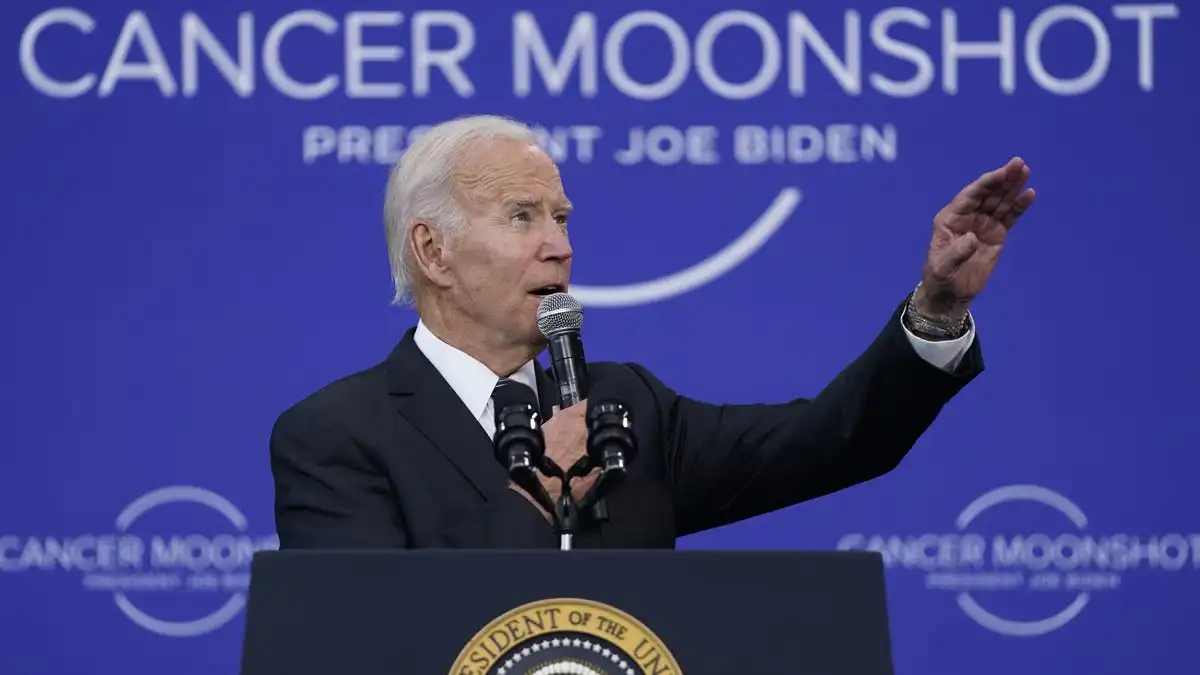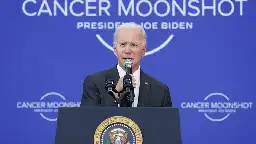Congress voted against funding a cure for cancer just to block a win for Biden
Congress voted against funding a cure for cancer just to block a win for Biden

www.usatoday.com
Congress voted against funding a cure for cancer just to block a win for Biden

